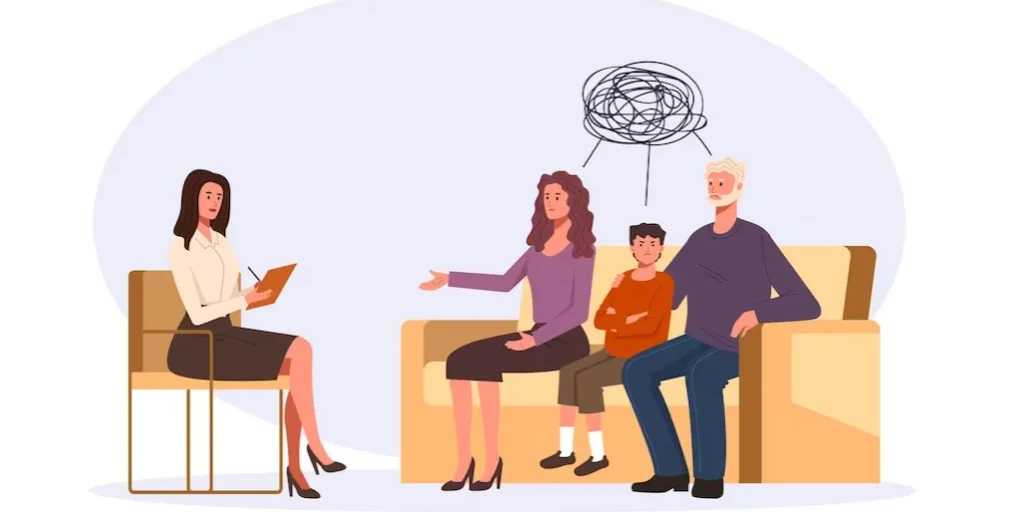24/7 Helpline:
(866) 899-221924/7 Helpline:
(866) 899-2219
Learn more about Eating Disorder Treatment centers in Loon Lake
Eating Disorder Treatment in Other Cities

Other Insurance Options

Sutter

Optum

Medical Mutual of Ohio

BlueShield

Oxford

MHNNet Behavioral Health

Aetna

Lucent

BHS | Behavioral Health Systems

Humana

Multiplan

Covered California

GEHA

Health Partners

ComPsych

PHCS Network

MVP Healthcare

State Farm

United Health Care

Group Health Incorporated







NorthEast Washington Alliance Counseling Services
NorthEast Washington Alliance Counseling Services - Hawthorne Avenue is a diagnostic and treatment c...

























































































































































































































Crisis Intervention Counseling
Crisis Intervention Counseling is a private rehab located in Colville, Washington. Crisis Interventi...

AA – Alcoholics Anonymous
AA – Alcoholics Anonymous is a non-profit rehab located in Colville, Washington. AA – Alcoholics Ano...

Spokane Tribe Behavior Health Agency
Spokane Tribe Behavior Health Agency is a public rehab located in Wellpinit, Washington. Spokane Tri...

Northeast Washington Counseling Service
Northeast Washington Counseling Service is a public rehab located in Chewelah, Washington. Northeast...





























































